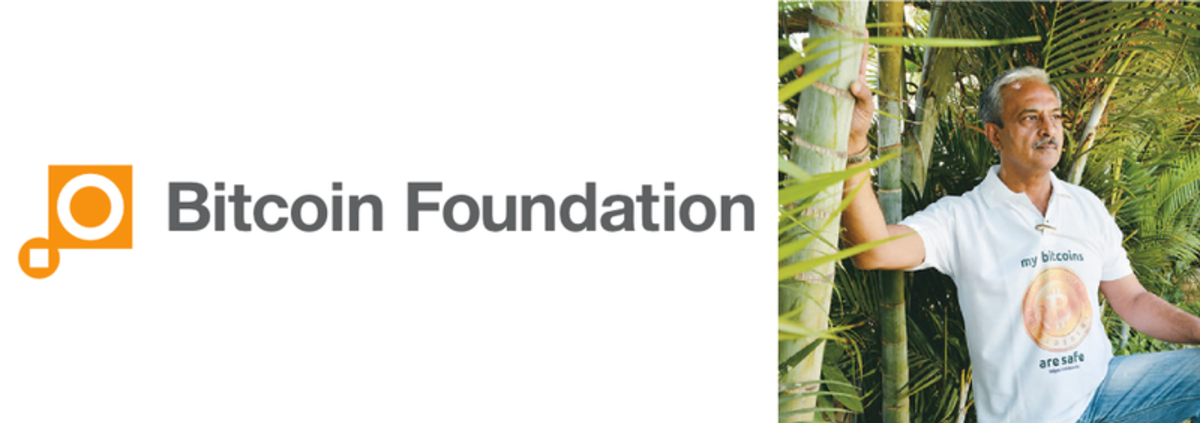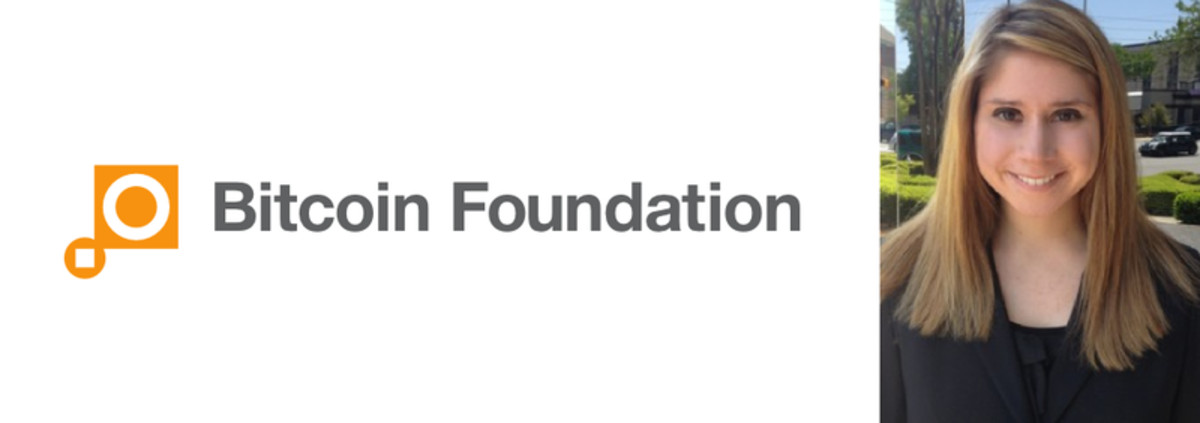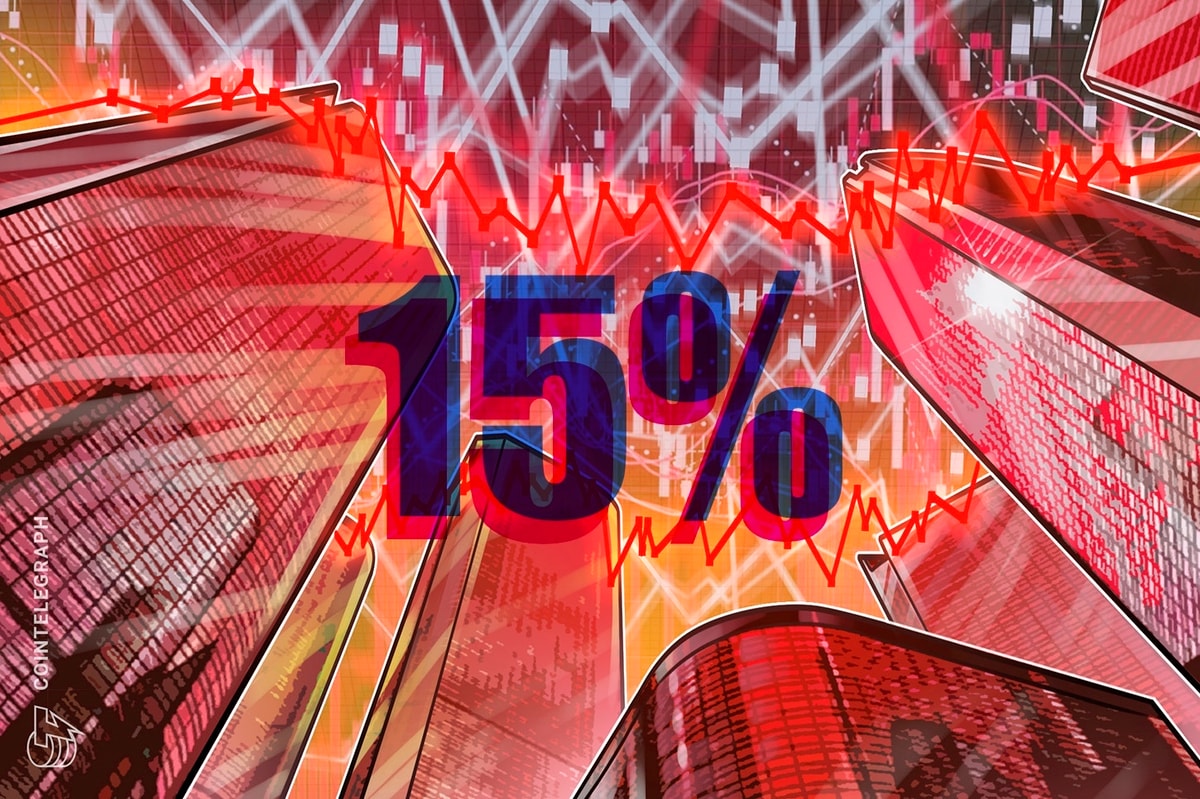
Adam B. Levine (Let’s Talk Bitcoin): Please introduce yourself and give a brief overview of what you hope to accomplish with your candidacy.
Nilam Doctor: I am Nilam Doctor from India. And also [couldn ’t understand] Mauritius.
I’m a lifetime member of the Bitcoin Foundation, an expert in IT security, and have been a strategic advisor to organizations with regard to IT technology and education.
I’m currently developing a couple of Bitcoin projects with missions to make the [couldn ’t understand] currency grow into a viable mainstream currency.
First, I’m developing DreamCoins a local digital currency headquartered in Mauritius. Second is a virtual currency exchange established only for the UK right now. I’m a lead developer for this exchange. We have full AML and KYC standards for customers of the UK. We will soon be expanding within Indian and African subcontinent regions.
LTB: Why do you want to serve on the Foundation Board?
ND: In December 2012, I studied the [Bitcoin] protocol, and immediately joined the Foundation as a life member. I conducted seminars in a few cities in India. Based on the response from India, I decided to attend the [Bitcoin 2013] conference in San Jose, USA.
While interacting with the leading developers and the director of the Foundation, I felt the need to bring developing countries, especially from Latin America, Asia, and Africa, in the mainstream for Bitcoin usage.
I also propose that the next global conference for Bitcoin to be held in a developing nation like India or Mauritius.
My value based vision is to change Bitcoin from a one-size-fits-all concept to a user customization thus making it more popular, especially among the youth, for daily transactions.
LTB: What makes you qualified for the position?
ND: My passion for Bitcoin is the single most [valuable] asset that I think qualifies me. Apart from that I have 25 plus years of experience in IT related consulting projects including [couldn ’t understand]. I have positioned myself as an innovative leader to generate new ideas and technologies for the masses.
I want to promote Bitcoin for the society with the help of governance and making everyone understand that if we move from a fiat to a virtual currency we make the planet more green, we save paper, and metal.
Thus one of my aims, is to bring innovations in the banking customer relation architecture and in governments [couldn ’t understand]. Just for an example, government water, electricity, roads, and communication. With taxes collected from people and governments and society [couldn ’t understand].
I think Bitcoin has a huge potential to liberate and benefit existing economic systems. Not only in a nation, but globally.
LTB: Do you believe there is a right and wrong way to use a Bitcoin?
ND: Yes. As is true with all exchangeable commodities, there is a right way and a wrong way to use Bitcoins. I think one of the groundbreaking innovations I want to introduce, is to use Bitcoins for daily transactions for buying and selling goods and commodities.
On an average we undertake 10 transactions a day for our daily requirements. These transactions should never be taxed or have transaction fees. Each person always uses his cash and uses them .
At the same time, when we buy an asset like a car or a house, we know that this money is coming from a loan or sources of income and has to be taxed for the society to function.
I think this is the right way for using a virtual currency like Bitcoin. There is no wrong way to use it. One can use it with innovation and it will turn out to be the right way in the future.
LTB: What are your views on Bitcoins software development?
ND: The process of software development, which was started by Satoshi Nakamoto in 2009 and is still maintained by Gavin, has met all the standards of a good protocol increasing its popularity and usage among 20 million people.
There is a need to make the software development better and faster. It is important to understand the needs of the people across different regions and sections of the society and the purpose of changes in compliance at the board.
Finally, as [the] internet protocol has modified itself to suit the needs and requirements of niche users, I assume that the bitcoin protocol has to be customized suiting emerging market needs rather than one size fits all.
LTB: Do you have plans to work with the Bitcoin Community, if so how will you deal with the diversity of opinion?
ND: Bitcoin community comprises of intellectuals who want to change the way one operationalizes virtual currency markets.
The community is beaming with new ideas and innovations and there is [a] need to streamline the positive energy into executable and doable projects.
Ideas from the community have always helped the development of innovations. Being analytical and understand[ing] a change is vital. A change is a must in an emerging virtual currency environment. Diversity is necessary, which leads the growth from within.
I moved from India to Mauritius to make a change. I proposed to bring Bitcoin into [the] mainstream by making a digital, local, national, and a global currency.
It is possible, I believe. The time is right [and in] Bitcoin’s favor.
LTB: Should the Foundation hire a lobbyist? If yes, why and where should they lobby?
ND: Of course, a big yes. The Foundation should hire a lobbyist. I think the lobbyist should be based in any US city. As major users [couldn ’t understand] in a US city. The person should be someone who has experience to bring about change at major policy implications affecting Bitcoins.
He or she should be a bridge a between those promoting a change in the economy and the policy legislature regulating economies. The person should have a high level access to influential decision makers. He or she should provide an insight to the problems faced and solutions which are necessary for change.
Historically, the transition of economic currency from a barter system to a shell, paper, and metal currency to a plastic currency economy. Now is the time to move from this to a virtual digital world of Bitcoin currency.
LTB: If you had to change one thing about the Bitcoin Foundation, what would it be and why?
ND: The main important thing to change in the Foundation is the understanding that Bitcoin is not the final solution to the changing virtual economy. It is a beginning to [a] total new world area in the ways we transact.
In the coming years, [the] bitcoin protocol will change a lot. And the Foundation should be ready to adopt these changes and also empower everyone.
I see soon, as a 4 year old child is exploring fire, so is Bitcoin. Let it explore all the avenues available everywhere.
Each country we have that holds local digital virtual currency backed up by Bitcoin as a standard international transactable currency in [the] future.
If you have enjoyed this interview, you can find the other candidates interviews here:
- Aaron Lasher
- Ben Davenport
- Christian Kammler
- Dmitry (Rassah) Murashchik
- Duncan Goldie-Scot
- Elizabeth Ploshay
- Joerg Platzer
- Luke-Jr
- Noah Silverman
- Ryan Deming
- Trace Mayer










